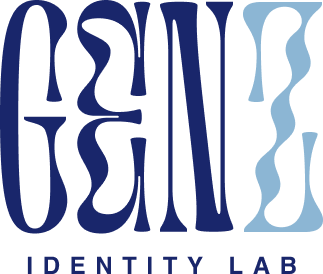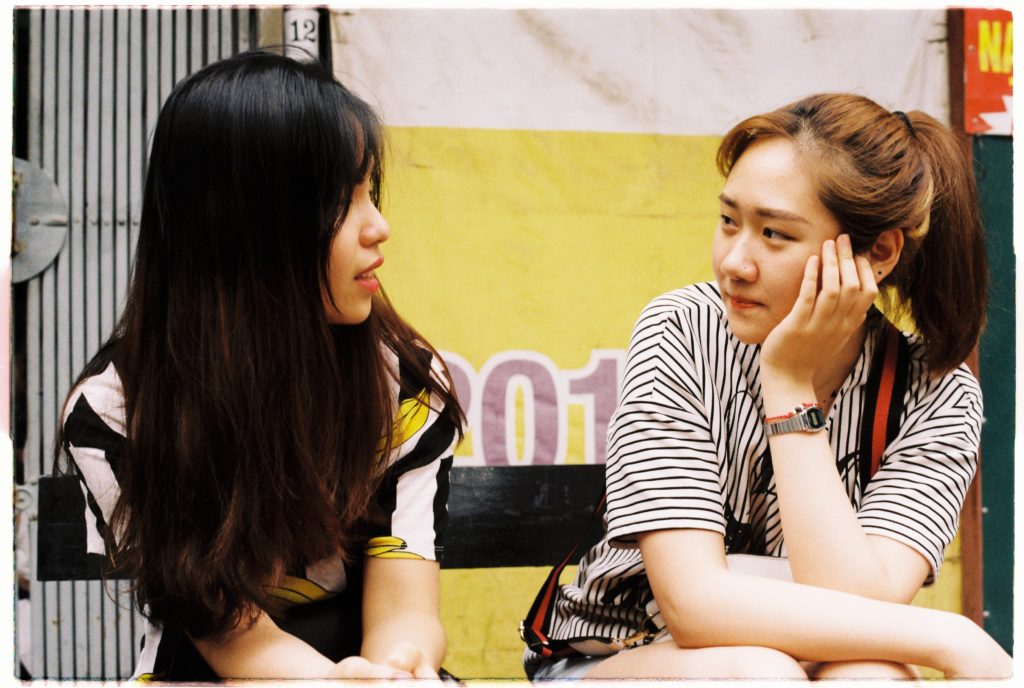About a week ago, I opened a Zoom invitation and sat down at my desk to have a conversation with a friend of mine about how her generation, Millennials, view my generation – Gen Z. Her answers to the questions that I posed were, frankly, unexpected. In my opinion, and I believe that many of my friends would agree, Gen Z’s identity is a recent development. Only about a year ago, we were just kids and young adults. We didn’t seek to define ourselves as a group, or separate ourselves from older generations; only recently have we realized that there is strength in unity. The Gen Z concept is, just like us, extremely young and with a long way to go to develop to its full potential. Millennials, in contrast, have already assumed the title of adults. We may often mock them over social media and support the stereotypes that exist about them, like their slightly abnormal Harry Potter obsession and overuse of the word ‘doggo’, but we do realize that if anybody has a chance at understanding us, it’s them.
My friend, Viki, was born in 1993. She therefore falls into the younger section of the Millennial age bracket. In the interview, she made the excellent point that had I been interviewing someone ten years older than her, they would have had a very different perspective.
I began by asking her how strongly she identifies with the term ‘Millennial’ and if she views it as a positive or negative label. “I wouldn’t say a strong association. I think there are certain times where I identify with the ‘Millennial concept,’ but I would say generally I’ve made some life choices that don’t necessarily align with the ‘Millennial concepts.’” I continued by inquiring what the first thing was that came to mind when she thought of Gen Z. She laughed. “Tik Tok. Honestly.” I couldn’t even deny it.
How does Gen Z differ from your generation?
Without any kind of hesitation, she jumped right into an answer. “You have had technology at your fingertips since you had a memory. Maybe even more so than technology in general, the Internet. Because the computer was starting to become a thing, for me it was see a computer, go play the Pinball game. It was literally all you could do. There was no ‘let me go the Internet, let me get an Instagram, let me use Snapchat.’ Even when I was your age, those weren’t things I had access to.”
Do you think that Gen Z’s use of social media mirrors Millennials’ use when you were our age?
Viki now took a long pause. She asked me to clarify my age – I’m sixteen years old and a junior in high school. “When I was a junior in high school, the only social media that we used was Facebook.” I was slightly surprised. I had hoped she would mention MySpace, which to me was a legend of a different time. “I had a MySpace, but that came and went.” She clarified. Then she continued, “Facebook as a platform was completely different than it is now. Even then, it wasn’t as all-consuming as [social media] is for you guys. Because again, our phones weren’t there yet. When I was in highschool, we used blackberries and BBM was a thing.” Here I interrupted her to ask what a ‘BBM’ was. It was the first time in my life I had heard of it. She covered her face and burst out into a fit of laughter, going on to clarify that it was an acronym for ‘blackberry messenger.” She equated it to iMessenge and explained that it was “the cool, exclusive thing” back then. It was part of the futuristic, at the time, WhatsApp concept, wherein if you had WiFi, you could text for free.
“I know that I’m making it sound like I’m an old lady,” she said “but that’s how it was for us. Think about how often you text, or Snap, or Instagram message your friends every day. Imagine all that communication costing money.” I couldn’t. “Because every back and forth cost money, we weren’t constantly communicating.” “So in other words,” I clarified “for you, there’s a huge difference in the way you used social media and the way you used to communicate.” Strongly affirming my statement, she said, “absolutely. This even goes back to school. You have Google Docs, and you can take notes in the same place someone else is taking notes and it’s easy to collaborate and share ideas. Not until my last two years of college were people using Google Docs. That concept of ‘this being so easy’ didn’t exist for me.” I nodded along, laughing slightly.
What kind of an example do you feel your generation has set for ours?
“Hopefully, a good one,” Viki confessed, “I think my generation faces the whole negative stigma of us not staying at jobs for too long and being on a constant quest to find ourselves. But I think hopefully we will lead you to keep that alive and realize that you don’t have to be stuck in a nine-to-five. There are ways for you to be a productive member of society and still get what you want out of it. Again, I think all of it will always come back to technology. Millennials have created this platform, using technology, to make everything more accessible and expand your network beyond the girl down the street or the company three blocks away. Instead, if you want, a job in D.C. or a move across the country to San Francisco and then figure out how to make it work. I have a lot of friends who graduate with an Ivy League degree, who are, for example, sous-chefs, working in a kitchen. They’re not feeling boxed in by having gone to a four year university and gotten a degree in finance.” At this point, I was still nodding vigorously, trying to convey the impact that her words had on me.
I went on by saying that Gen Z is viewed in many different lights. A lot of the time, we see ourselves as a group with the power to make a change. Others see us as young, inexperienced and even entitled. I was curious to see how, in Viki’s opinion, millennials saw us. “Well, millennials also get the label of ‘entitled.’ We also definitely get grouped into that. When it comes to Gen Z, I don’t have a negative opinion. A lot of the beginnings of what you said are true. You are young. There hasn’t been enough time for you to figure things out yet. There hasn’t even been enough time for me to figure things out yet. I hope everything that you said is true, though. I hope you guys are the changemakers. It’s all going to come back to how everyone starts to leverage technology and that accessibility.”
Do you have any advice about the transition to adulthood?
Though slightly cheesy, I felt that Gen Z could use some advice, as many of us venture into adulthood during a time of uncertainty. “Does that mean I’m supposed to know how to transition into adulthood?” Viki asked. I laughed and assured her it does not.
“In a preachy way, I guess…” she began “life exists outside of the 2×4 that is in front of you – your phone. Maybe Gen Zers can take a page from Millenials’ books and go outside more. I think Millennials make a more conscious effort to step away from their phone and their apps, because we had a taste of life without it. I wonder if something like Tik Tok is a result of a lack of appreciation that there’s more to see. You have created a space where everything that is interesting is on your phone. But there are a lot of other cool things to see and do. More and more we’re staring at screens all day, so more and more we need to unplug.” She left me with this piece of advice that, seemly cliched, is more relevant than ever. I concluded the interview, thanked her for her time, and went for a walk. During that time, I reflected on how proud I am of Gen Z, how much power we have, and how there is no use in judging the past, only learning to be better from it.

Katya Sucher was born in the United States but grew up in Moscow, and moved to Miami when she was 11. She speaks five languages and has a huge passion for traveling around the world and exploring different cultures. She attends Ransom Everglades Upper School, in Miami. At school, she loves to dance, throw discus and shot-put, is Vice-President or French Club and a member of Diversity Council. She loves writing, and she has every since she was a child. She particularly enjoys fiction, but also research papers about topics that interest her, like the Cold War, or fashion history. She loves sushi, chocolate, music, dogs and fashion. She believes that Gen Z has a voice much more powerful than any generation that preceded it, and its exposure to the ever-changing world is a tool that can help Gen Z influence society for the better.


